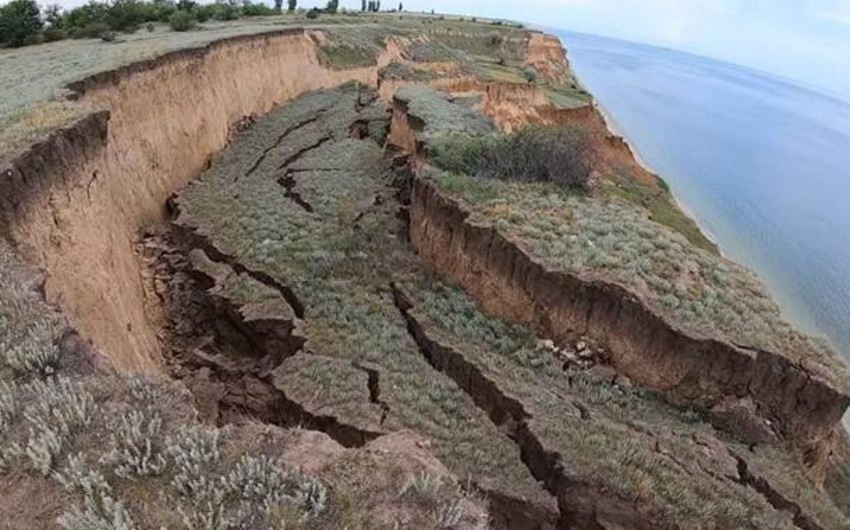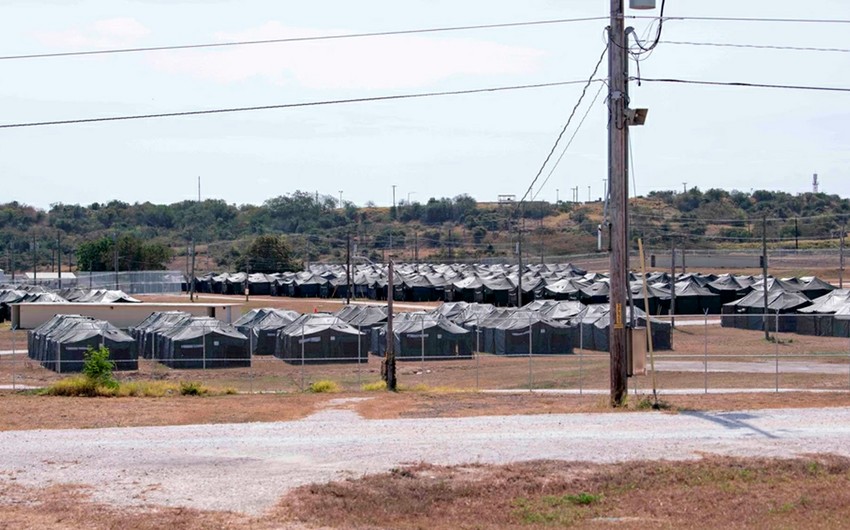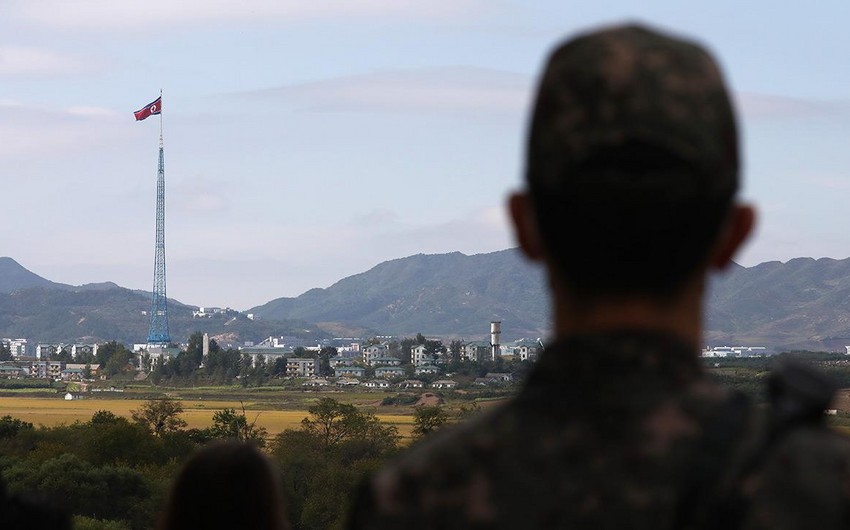Just as American businesses were crawling out from the Obama-era regulatory thicket, here comes Sen. Elizabeth Warren (D-Mass.), wanting to put the feds in the C-Suite driver's seat and their foot on the brake of our economic resurgence.
Warren, seeking dry ground amid a flood of progressives wanting to challenge President Trump in 2020, has a new idea, and it is a doozy. In a recent op-ed in the Wall Street Journal, Warren proposed The Accountable Capitalism Act that she says would make big companies more accountable to workers and other stakeholders.
Specifically, it would require companies with more than $1 billion in revenues to operate under a federal charter instead of the traditional state-issued charters.
Her bill would mandate that employees elect 40 percent of directors, and companies would have to get approval of 75 percent of directors and shareholders before making any political expenditures. (It's a clever way to undermine the Citizens Union Supreme Court decision that allowed corporations to give money to political candidates.)
Warren accuses big companies of not sharing the bounty of the GOP tax cuts with American workers while indulging an “obsession with maximizing shareholder returns.”
She echoes many on the left, like House Minority Leader Nancy Pelosi (D-Calif.), who have leapt on slow wage gains to prove that the tax cuts have only made the rich richer.
But Warren goes further, decrying the way U.S. businesses have operated “for decades” and saying her legislation will “fix” what she sees as fundamental problems. One of those problems, she says, is that CEOs are making too much money.
The last time Congress “fixed” CEO pay was in 1993 when it enacted caps on the tax deductibility of cash compensation for managers. That encouraged boards to hand out stock grants instead of cash, which blew executive pay through the roof. Oops.
Warren is fighting last year’s battle. Wages are beginning to rise and will almost certainly accelerate in the second half of this year. I’ve recently written about why the average wage data may not reflect how people’s fortunes have improved, and I won’t repeat those arguments here. But even the government’s wage statistics may soon look brighter.
The Atlanta Fed’s Wage Tracker says median pay for full-time workers increased 3.4 percent in July, ahead of the rate of inflation, while the National Federation of Independent Businesses indicates the number of members expecting to hike pay is near an all-time high.
Those are positive signs, as is the record number of people quitting their jobs, presumably because they are trading up for better ones.
Warren is wrong when she says that since the early 1980s “real wages have stagnated even as productivity has continued to rise.” Productivity has in fact flat-lined, concerning economists who agree that wage growth is tied to rising output per hour worked.
An article published by The Institute of New Economic Thinking declared, “the decline in productivity growth has a longer history:over the past 30 years, with the exception of the uptick during the years of the great Dotcom/Internet Bubble of the late 1990s, productivity growth has slowed markedly.”
Under President Obama, with the exception of 2009-2010, when employers slashed payrolls amid the recession, causing output per worker to rise, annual productivity gains were regularly below 1.5 percent. In the latest quarter, productivity rose 2.9 percent.
Quarterly data is notoriously erratic, but many are forecasting an upturn in this key indicator as business investment spending moves higher. Obama’s anti-business policies discouraged capital spending, which many think was a factor in slow productivity and wage growth.
Warren’s narrative is curiously devoid of any mention of foreign competition, which radically changed how companies behaved in the 1970s and 1980s. Many successful U.S. companies that had historically provided high wages and benefits to their workers, suddenly confronted a literal death threat from overseas.
Eastman Kodak, for instance, was a paternalistic and generous employer until Fuji Photo came to town. Caterpillar confronted Komatsu, GM went up against Toyota and so on.
This invasion from Japan of dexterous, low-cost, high-quality manufacturers caused panic in the C-Suites of American businesses. Close on the heels of that disruption came the raiders, the early private-equity companies that forced U.S. firms to shape up or be threatened with extinction.
Companies that failed to pump up their stock prices with share buy-ins or aggressive cost reductions risked being taken over.
Over the decades to follow, workers saw their jobs go overseas as U.S. manufacturers struggled for survival. Today, businesses still face formidable competition from foreign countries, but thanks largely to more diverse supply chains, many of which bring low-cost parts and supplies from abroad, our best companies have adapted. Better yet, in many sectors, like technology, the U.S. has staked out its dominance.
Warren thinks employees need a bigger voice in how companies are run. She needs to read up on how that has panned out in Germany, known for its worker councils, where many consider that it was the loosening of labor rules and demands that has actually allowed the country to prosper.
Warren wants the federal government to ride herd on U.S. business managers, which could cripple our competitiveness and growth. It is astounding that she cannot see the felicitous impact that rising business optimism, inspired largely by a pro-business White House, has had on our economy.
Her demands for oversight undervalue the discipline that exists in the marketplace. The average tenure of a Fortune 500 CEO is under five years.
Unlike senators, managers running big companies face shareholders who have little patience with inaction and even less with failure. They expect results. Would that voters were just as demanding.





.jpeg)




